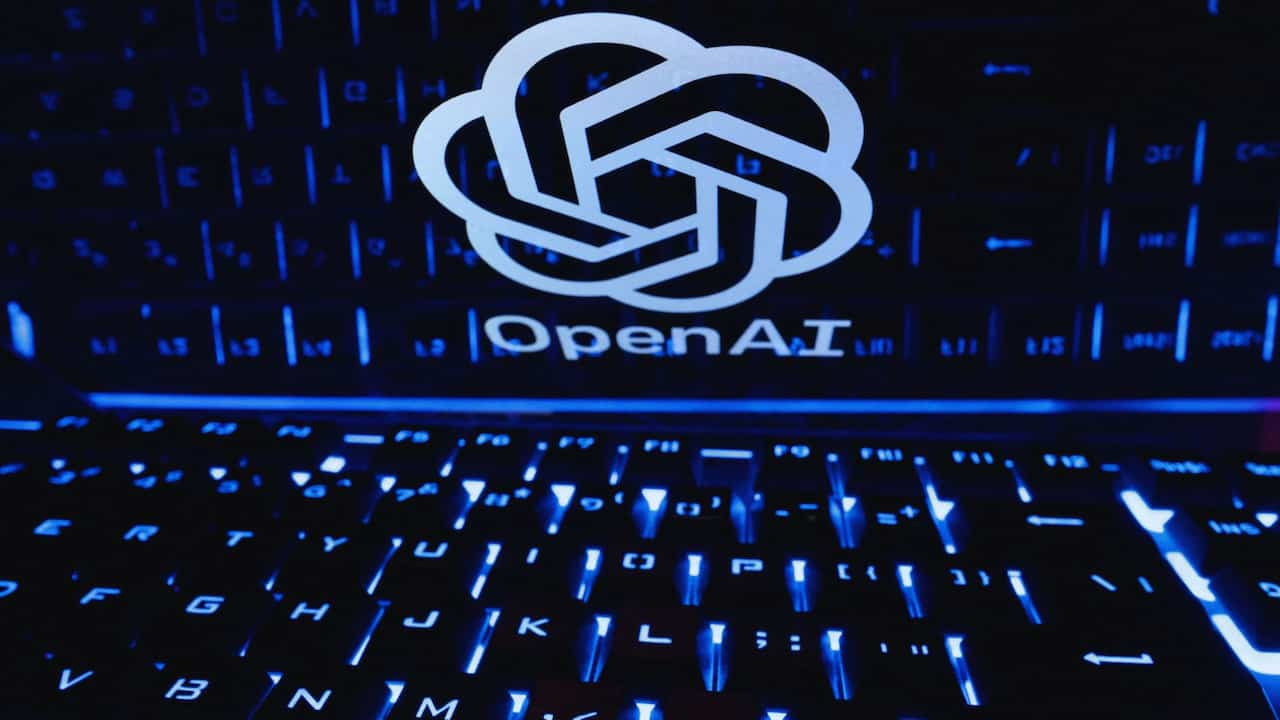OpenAI’s Sora Controversy: Artists Protest and Leak Access
In a stunning turn of events, OpenAI’s highly anticipated video generation tool, Sora, has become the center of controversy. A group of artists granted early access to the tool leaked its API in protest.
The incident has sparked debates about the treatment of artists in AI development and the ethics of corporate practices in the rapidly evolving field of artificial intelligence.
The Leak and Its Implications
On Tuesday, November 26, 2024, a small group of approximately 20 artists who were part of Sora’s beta testing program took the unprecedented step of publicly sharing access to the tool’s API on the Hugging Face platform. This action was accompanied by an open letter addressed to “corporate AI overlords,” in which the artists voiced their grievances against OpenAI’s practices.
The leak allowed users worldwide to experiment with Sora, briefly generating excitement and activity online. However, OpenAI swiftly responded by temporarily suspending access to the tool while investigating the situation.
Artists’ Grievances
The protesting artists raised several critical issues in their open letter:
- Exploitation: They argued that OpenAI was using them as “PR puppets” and unpaid labor for research and development.
- Lack of Compensation: The artists claimed they were not adequately compensated for contributing to the tool’s development.
- Content Control: OpenAI allegedly required approval for all outputs before sharing, which the artists saw as censorship.
- Limited Access: Only about 300 selected artists were granted access to Sora, which the group viewed as gatekeeping.
OpenAI’s Response
An OpenAI spokesperson addressed the controversy, emphasizing that Sora is still in a research preview phase. The company stated that hundreds of artists have shaped Sora’s development, helping to prioritize new features and safeguards. The spokesperson also noted:
- Participation in the program is voluntary, and there is no obligation to provide feedback or use the tool.
- Artists were offered free access to Sora.
- OpenAI plans to continue supporting artists through grants, events, and other programs.
The Bigger Picture
This incident highlights the ongoing tensions between AI companies and creative professionals. As AI tools become more sophisticated in generating art, music, and now video, questions about copyright, fair compensation, and the role of human creativity in an AI-driven world continue to arise.
Marc Rotenberg, founder of the Center for AI and Digital Policy, pointed out the irony of the situation, given OpenAI’s original mission of open research. The leak also underscores the challenges companies like OpenAI face in balancing innovation, security, and ethical considerations as they develop powerful AI tools.
Looking Ahead
As the dust settles on this controversy, the incident is likely to spark further discussions about:
- The ethics of AI development and testing processes
- Fair compensation and recognition for artists contributing to AI tools
- The balance between open collaboration and proprietary technology in AI research
While the full impact of this leak remains to be seen, it has undoubtedly brought important issues to the forefront of the AI ethics debate. As AI continues to reshape creative industries, finding equitable solutions that respect both technological innovation and artistic contributions will be crucial for the future of AI-assisted creativity.
